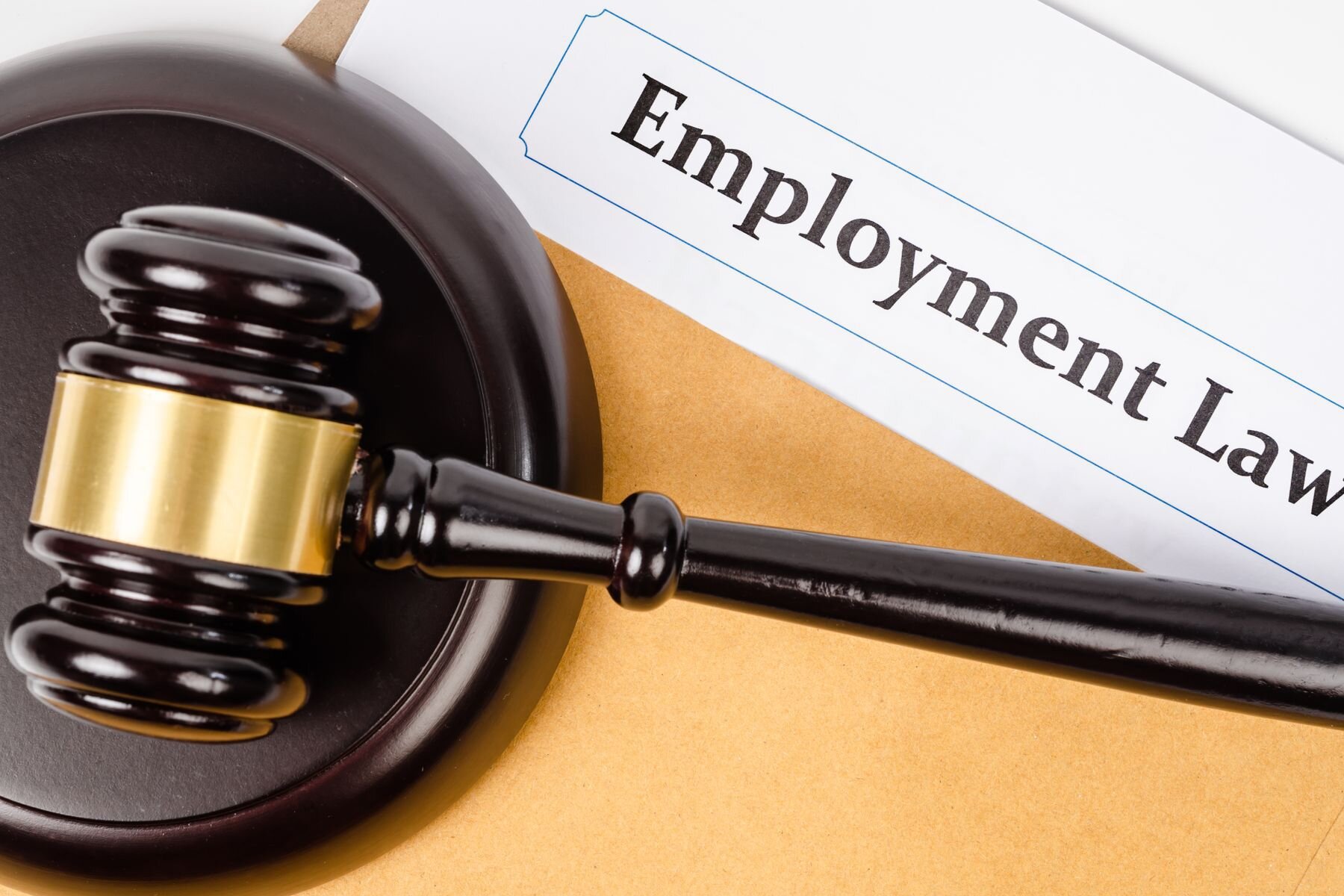Did 7 Eleven Fail to Provide California Employees with Wages and a Place to Sit?
/7‑Eleven® is a well known gas station and convenience store throughout the nation. The company started out as Southland Ice Company in Oak Cliff, Texas in 1927. In 1946, the store’s operating hours were a standard 7am to 11pm, and the company changed their name to 7 Eleven. In recent news, this popular convenience store with locations nationwide is making the news for alleged employment law violations.
The Case: The 7 Eleven, Inc., class action lawsuit, Case No. 37-2020-00043637-CU-OE-CTL
7-Eleven faces a class action lawsuit alleging wrongful termination.
The Allegations Made Against 7 Eleven:
In recent news, a class action wrongful termination lawsuit was filed alleging that 7 Eleven, Inc. failed to provide their California employees with accurate wages or suitable seating conditions on the job. The 7 Eleven class action lawsuit is pending in the San Diego Superior Court of the State of California.
California Employers are Required to Compensate Employees for All Time Worked:
According to the complaint, 7 Eleven, Inc. failed to compensate their California employees for the time they worked. Time worked, when referring to employment law violations, is defined as time an employee was under their employer’s control. For example, from time to time, 7 Eleven employees were allegedly interrupted during their meal breaks or rest periods by work assignments. As a result, employees were performing job duties “off the clock.” When an employee performs work off the clock, they are not being paid for time spent working, which is a violation of California labor law. According to the lawsuit, the Defendant was allegedly aware (or should have been aware) that the plaintiff in the case (and other similarly situated California employees) were working off the clock. And if an employer is aware that their employees are working off the clock, the employer is also aware that they are not providing payment to their employees for all hours worked. If allegations are true, 7 Eleven California employees were not being paid accurate minimum wage and overtime pay.
Additional Allegations Made Against 7 Eleven in the Class Action:
The 7 Eleven lawsuit also includes allegations of wrongful termination, and an allegation that the company failed to provide seating for employees who spent the majority of their time on the clock behind a counter. According to the lawsuit, the vast majority of work duties performed behind the counter can be reasonably accomplished while using a stool or other seat.
If you need help with employment law violations in the workplace, get in touch with Blumenthal Nordrehaug Bhowmik DeBlouw LLP today. Experienced employment law attorneys are ready to assist you in any one of various law firm offices located in San Diego, San Francisco, Sacramento, Los Angeles, Riverside, and Chicago.










